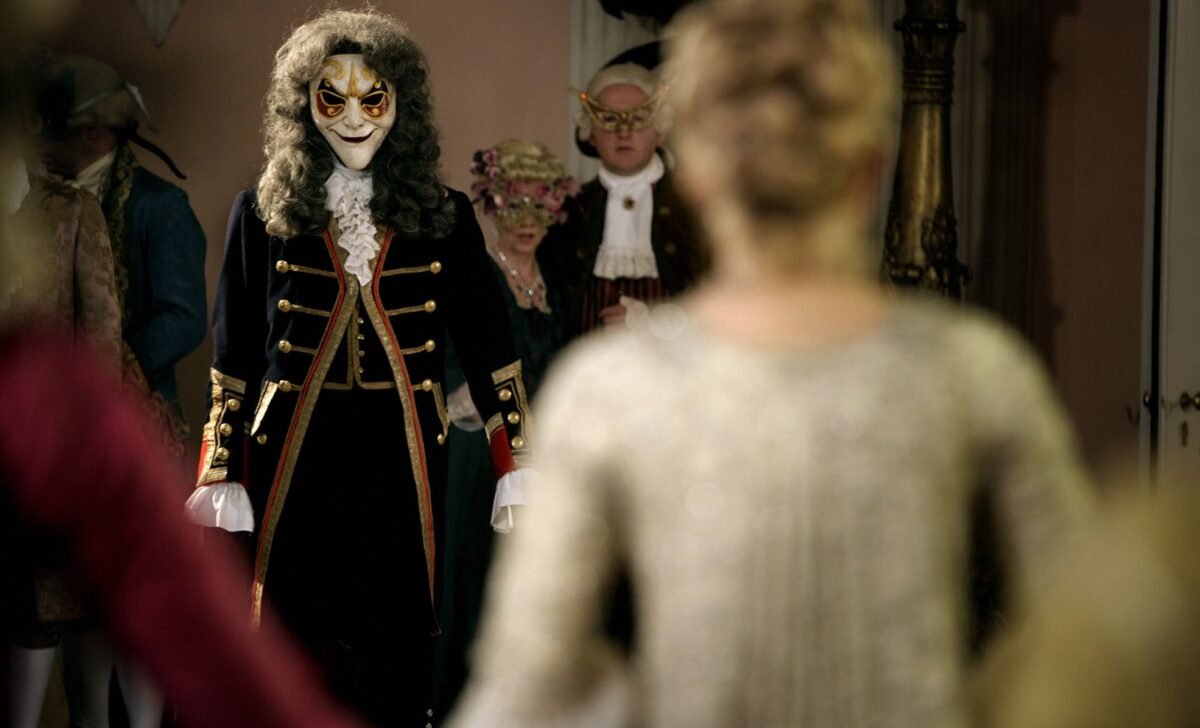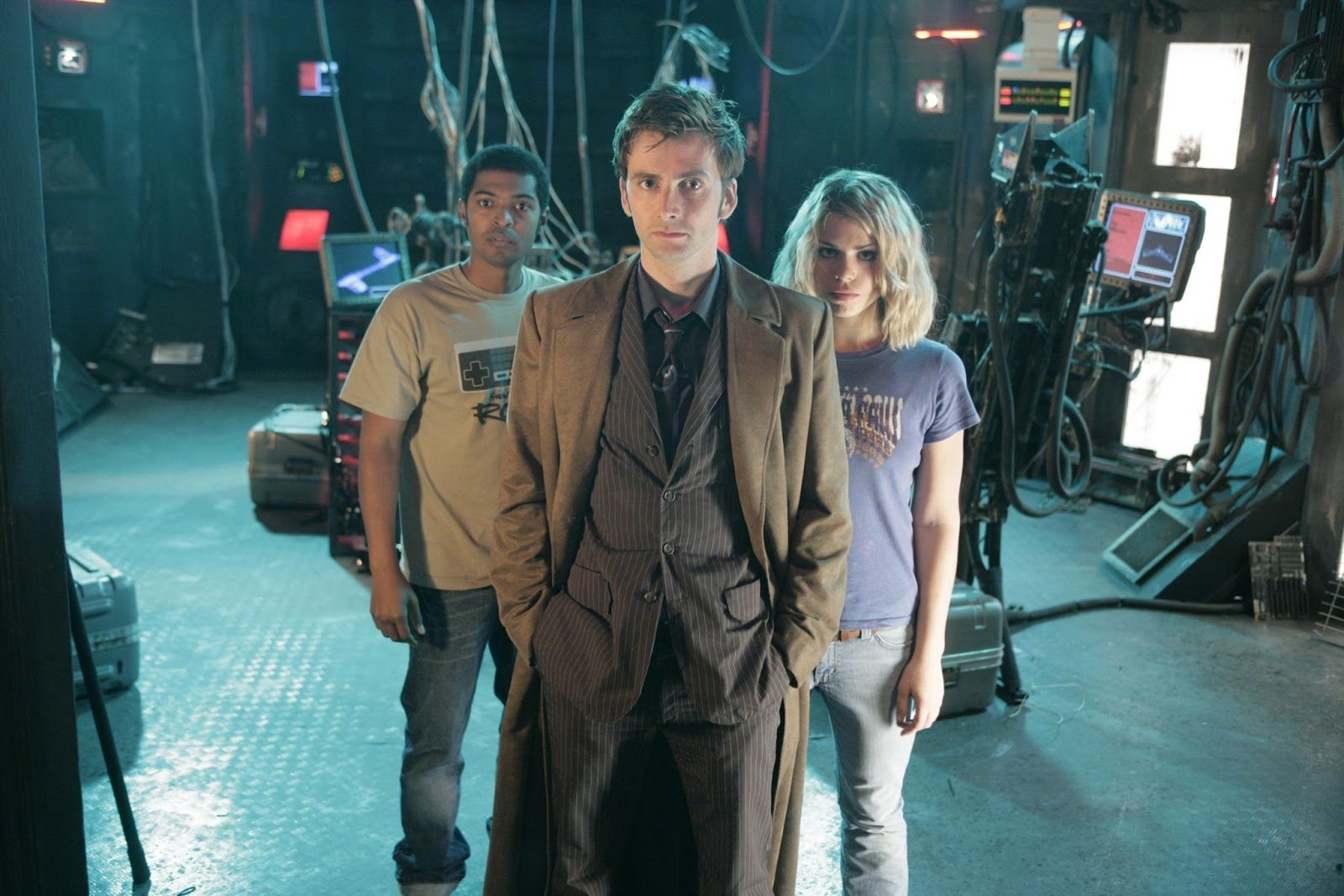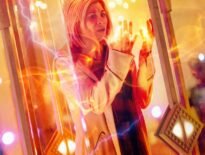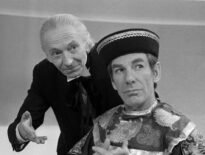“The clock on the mantle is broken: it is time. Doctor? Doctor?!”
An iconic line eloquently bellowed into a grandiose fireplace amidst a chorus of screams and panic. You could be forgiven for thinking that The Girl in the Fireplace is just a filler episode, a standard period piece with something spooky weaving itself into the narrative of our planet’s history, an episode that gives Mickey an adventure outside of a London, something fun and Who-y from the wonderful Steven Moffat.
Which it is!
What it also is, however, is one of the best standalone Doctor Who episodes of the modern era that doesn’t rely on established narratives, monsters, or conflicts.
The sets, the scoring, the script, and the sass flood this episode with charm and class, successfully juggling seamless squabbling between a squadron of repair droids, two present-day Londoners, several French aristocrats, and the Doctor without breaking stride on the episodes rhythm: the slow path to catastrophe.
The obvious monsters here were the aforementioned repair droids: clockwork contraptions that had mutilated the crew of their own spaceship to use their ‘parts’ for repairs after sustaining heavy damage. Obviously suffering some damage to their context protocols, the droids believe that they need the 37 year old brain of Madame de Pompadour to finish repairs on their ship, therefore they had to ‘punch a hole through the universe’ several times over with time doorways to 18th Century France. Why? Because they are ‘the same’ as her.
Side note, this is exactly why we should be terrified of AI logic.

Though misguided in their intentions, the clockwork droids were persistent and efficient. The smashing of the clocks, the hiding in plain sight (despite looking terrifying), and the magnificent Murray Gold score all contribute to what makes the clockwork droids such an iconic and convincing antagonist. Like death itself, their dispassionate presence is just function, impossible to reason with and as patient as needs be. Just ticking over, watching, waiting. They rob the Doctor of his words, his most powerful weapon.
Unable to talk his way through to these monsters then, the Doctor ends up having to ride Arthur the horse through a mirror in order to sever the links for the clockwork droids’ time windows and seemingly trap himself in the past with them, essentially robbing them of their function. Great sentence.
Reflecting on his predicament afterwards, we observe a different Doctor. Stranded, resigned to his fate, there is a pace absent from his demeanour now. Throughout the episode, the interactions between Madame de Pompadour and the Doctor have been, for good reason, frantic. Though still able to get a few flirtatious lines in here and there, their relationship has primarily been about unravelling a mystery, survival and protection, but now he sees kinship. He sees time.
Time turns out to be the less obvious monster.
Boooo, lame answer.
I know, but time robs the Doctor of his heart(s), his most vulnerable point.
Explored extensively throughout this season, the Doctor’s ability to wander in and out of people’s lives has lasting effects, ripples that turn to waves left in his wake. ‘The oncoming storm’ will eventually pass but the devastation they leave is often scarring to those it touches. A phenomena most intimately articulated by Madame de Pompadour when she refuses to wish the Doctor good luck as he leaves. She knows ‘you can’t have the Doctor without the monsters’, and now the monsters are gone and the Doctor won’t come back, despite his promises.
I love this episode because not only does it look great, sound great, and feature tremendous performances from everyone involved, but because it leaves you with an emotionally compelling and lasting impression of the Doctor’s profound loneliness.
Also there is a horse called Arthur. Pretty neat.



